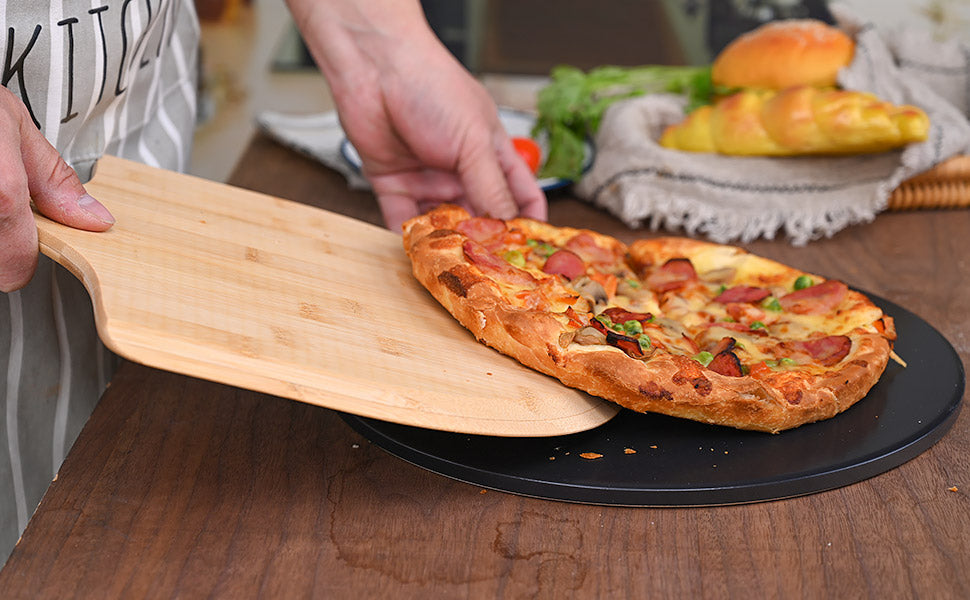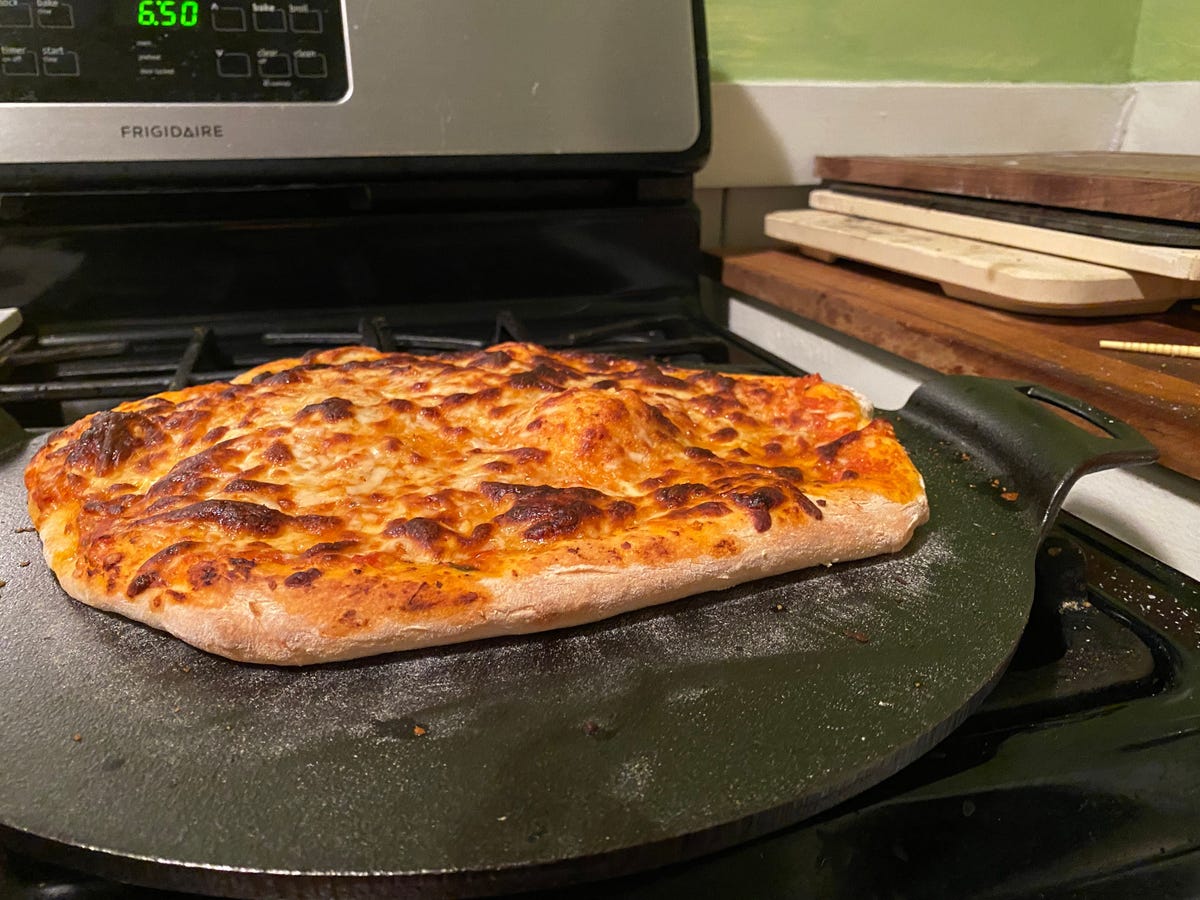As kitchen professionals navigate through the myriad varieties of culinary tools, one of the more debated tools is the baking stone. At the heart of this discussion is a critical decision: should one opt for a thick or a thin baking stone? Understanding the nuances of thick vs thin baking stones can dramatically alter the results of your bakes, particularly when it comes to pizza and bread.
:max_bytes(150000):strip_icc()/pizza-stone-testing-winners-the-original-baking-steel-wdickey-7-63-0eab155b17994dcc94fe89c908bab57d.jpg)
Understanding the Basic Differences
Baking stones, as essential kitchen accessories, serve to replicate the cooking conditions of a traditional wood-fired oven. They come in various thicknesses, with thick stones generally ranging from 1 inch and beyond, while thin stones are usually under an inch.
Thicker stones retain more heat and release it more consistently over time, making them ideal for recipes demanding consistent temperatures. Thin stones, on the other hand, heat up quickly and are more convenient for shorter baking times.
For professionals who must decide between thick vs thin baking stones, the key considerations will rely heavily on heat retention needs and baking precision.
Benefits of Thick Stones
A thick baking stone offers remarkable advantages for those whose priority is consistent and stable heat distribution. These stones are built to endure longer baking sessions and are highly favored among professionals making artisan sourdough bread or complex baked goods.
Pros in the industry seeking uniform browning and consistent crust texture benefit greatly from thick stones. Their ability to store more heat results in a more even cook, ideal for dishes that demand precision. For further insights, read about the benefits of using a baking stone here.
A Few Considerations
Despite the advantages, one must consider the weight and pre-heating time of thick stones. They are heavier and require significant energy to reach the optimal cooking temperature. Make sure to explore baking stone sizes to best suit your needs.
Advantages of Thin Stones
For those prioritizing speed and ease of use, thin baking stones could be the perfect fit. They are well-suited for quicker baking tasks and are easier to maneuver compared to their bulkier counterparts.
The relatively lighter mass allows thin stones to reach desired temperatures without consuming extensive time and energy, advantageous particularly in fast-paced kitchen environments.
Where Thin Stones Stand Out
Thin stones are excellent for slightly less intensive baking sessions or for users working in confined spaces. They're less cumbersome, making them ideal for rapid tasks and easy storage.
For additional tips on selecting the best stones based on your needs, take a look at where professionals buy stones.
Choosing Based on Your Baking Needs
In deciding between thick and thin stones, there's no one-size-fits-all answer. Consider your baking objectives, equipment compatibility, and the type of cuisine you're specializing in. Each kitchen professional may reach for distinct tools that best streamline their work and enhance their creations.
To gain a deeper understanding of how to effectively maximize your stones potential, see how multi-use baking stones can diversify your menu.

FAQ Section
Which is better: thick or thin baking stones?
It depends on the type of baking you plan to do. Thick stones are better for heat retention, making them suitable for artisan breads and longer bakes, while thin stones heat up faster and are ideal for quick baking needs.
Can I use a baking stone for things other than pizza and bread?
Yes, baking stones can be used for a variety of tasks beyond pizza, such as baking pastries or heating appetizers. Discover creative uses here.
How do I maintain my baking stone?
Proper care is crucial. Avoid soap; instead, brush off excess crumbs and use a damp cloth for cleaning. For more maintenance tips, explore how to use a baking stone effectively.
This article contains affiliate links. We may earn a commission at no extra cost to you.






Leave a comment
This site is protected by hCaptcha and the hCaptcha Privacy Policy and Terms of Service apply.